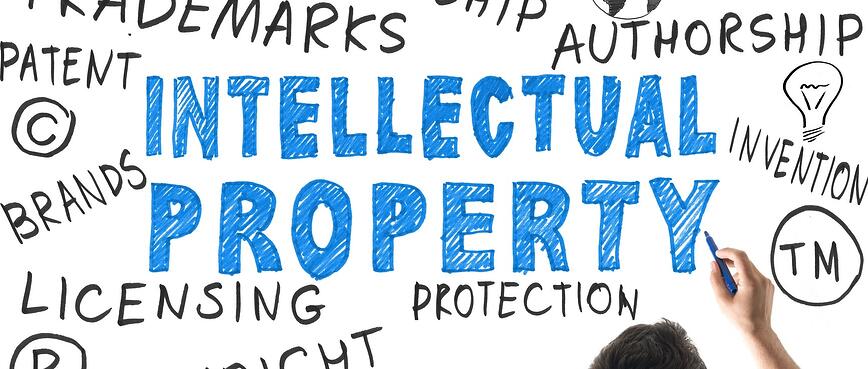
Intellectual property (IP) has remained a priority for any organization with the aim of long-term expansion and international outreach. The Chinese economy has become the fastest-growing in the world with a globally unique position — showing signs of bouncing back and exceeding pre-pandemic performance. Instinctively, many businesses gravitate to the Eastern nation as a land of limitless opportunities.
However, when it comes down to entering the Chinese market, decision-makers should first identify the intellectual property policies and regulations governed by the Chinese government for seamless integration.
For U.S. companies, that means following up with the latest ramifications of the tariffs imposed by the Trump administration — which have been raised from 3% to over 25% in recent years. President Biden remains undecided on rescinding the China tariffs, but there are many reasons why it might be a practical move to make in the near future.
Proactive IP protection will enable businesses to safeguard their interest while they benefit from the thriving Chinese economy.
Conduct Relevant IP Registrations in China
Companies that fail to file their patents, copyrights, and trademarks in China will not receive official protection within the nation. This remains the most fundamental and straightforward step in IP management within China that decision-makers should enact without delay as China follows a first-to-file policy. Under such arrangements, the first entity to register a trademark will gain ownership regardless of its history.
Each type of IP requires a specific process followed up with its relevant authority.
For patents, businesses can reach out to the CNIPA (China National Intellectual Property Administration). Businesses may register their trademarks with the China Trademark Office and copyright claims should be submitted to the NCA (National Copyright Administration). While registration is not a requirement, the NCA creates a public record that facilitates the settlement of copyright disputes.
Additionally, companies should ensure that every patent undergoes proper translation into the Chinese language before submission to minimize the risks of errors and inconsistencies.
Safeguard Trade Secrets
According to the China IPR Toolkit, a trade secret refers to any business information that is unknown to the public, has commercial value, and is subject to confidentiality measures undertaken by owners. While the criteria may seem to disqualify trade secrets broadly defined by U.S. regulations, China’s Anti-Unfair Competition Law enforces protection for most confidential information.
The law applies to all operating businesses without the need for requesting trade secret protection from Chinese authorities. Business owners may submit a complaint to the relevant authorities (i.e., NCA, CNIPA, etc.) in suspected cases of stolen information.
Adapt to the Trends
While China’s relationship with the rest of the world continues to change, international businesses should keep a lookout for trade opportunities. IP remains a top draw, with McKinsey reporting that the value of China’s intellectual property (IP) imports are six times higher than its IP exports.
China has responded by prioritizing IP security in its latest five-year plan for 2021–2025 — with plans on driving toward self-reliance on the critical technology. Beijing has declared a crackdown on intellectual property violations that have cost the U.S. economy between $225 billion and $660 billion annually.
Now might be a good time to establish a strong IP foundation in China, with safer regulations being set in motion. If still in doubt, Summer Atlantic Capital can help optimize your business’s IP protection in China with access to an exclusive network of qualified financial, legal, and regulatory partners.
Summer Atlantic Capital is a leading solutions provider for businesses interested in expanding into China. We are not a consulting firm — but rather, dedicated partners in joint ventures, licensing, and distribution to offer direct support for your business throughout your expansion life cycle. From planning to execution, monitoring, and exiting — we customize the best strategies that set your company up for success.





More Stories
Thuggizzle Water: A Legacy of Community Impact and Sustainable Innovation
“It’s All About Value” – Inside the Bailie Hotel’s Unbeatable Rates
We Found the Perfect Cure for the January Slump_ A Hilarious Hotel!